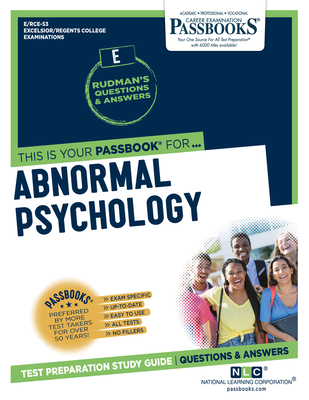Alright so here’s how I finally cracked that abnormal psych textbook without wanting to bang my head against the wall. Seriously, that thing looked like a dictionary got together with a snoozefest lecture. Big, heavy, words so long they needed their own zip code.
First, I just stared at the syllabus for like ten minutes feeling totally screwed. Fourteen chapters? Before midterms? No way Jose. I knew my old method – cramming the night before – was gonna send me straight to a failing grade and a major anxiety spiral. Needed a new game plan.
Getting Real with the Beast
Grabbed the beast… I mean, the textbook. Flipped straight to the glossary in the back. Bam. Big words like “schizotypal” and “diathesis-stress model” right there. My first move? Went back to the first chapter’s key terms box. Instead of just reading the definitions in the chapter text, I wrote down every single bolded term and its super simple definition from that glossary on a huge stack of index cards. Seriously, glossary first saved my bacon. Didn’t even touch the chapter content yet.
The Chapter Shuffle & Scramble
Okay, cards prepped. Now, I tackled one chapter per sitting. But here’s the kicker: I never read the chapter straight through like a story. That felt like torture. Instead, I did this ugly dance:

- Skimmed the Headings Only: Looked at the main sections and sub-headings. Basically tried to see the skeleton of the chapter – what big ideas were they gonna hit?
- Read the Summary First: Went straight to the very end of the chapter. Yeah, backwards! That summary paragraph actually told me what the authors thought was important.
- Answered End-of-Chapter Questions Blind: Sounds crazy, right? But I flipped to the questions immediately after the summary and just TRIED to answer them, based only on the glossary terms, headings, and that summary. Got most wrong? Totally expected! But it showed me exactly what I didn’t know and where to look.
- Hunted for Answers Like a Detective: Armed with the questions I bombed, I went back into the chapter. Didn’t read every sentence. Just scanned sections using the headings as guides until I found sentences or paragraphs that looked like they answered my missed questions. Highlighted like crazy (spilled highlighter all over my desk once, true story). Scribbled notes on my index cards next to the relevant terms.
The Magic Scribble Pad
This is where it got weird but worked. I kept a giant, cheap notepad next to me. Every time I read about a disorder, therapy, or concept, I didn’t just read it. I drew stupid doodles or wrote crazy analogies linking it to the key term. For cognitive-behavioral therapy? I drew a brain arguing with a speech bubble. For Antisocial Personality Disorder? I scribbled “Bad Wolf” with a nasty grin. Sounds dumb, but linking the dry textbook definition to a picture or a silly phrase in my head made it stick WAY better than just memorizing the definition. My notes looked like a mad scientist’s journal, but hey, they worked.
Shock Test (Be Prepared to Feel Dumb)
After two chapters done the hard way (index cards, summary, blind questioning, detective work, scribbling), I gave myself a pop quiz using just my cards and crazy notes. Felt the panic rising when I blanked on some terms. Instead of freaking out, I re-read only the tiny summary and my wild scribbles for those specific blanks. Repeated them out loud like I was explaining it to a confused friend (even though it was just my cat staring judgmentally). Didn’t move on until those specific terms felt solid in my weirdo memory palace.
Rinse, Repeat, Crush the Thing
Just kept grinding through the chapters like this. It wasn’t fast. Felt slow as molasses sometimes. Had moments doubting my scribble system big time. But come midterm week? Boom. Instead of panicking, I reviewed my pile of messy index cards and that chaotic scribble pad. Suddenly, “diathesis-stress model” wasn’t scary jargon – it was my doodle of a teetering stack of rocks (vulnerability) getting hit by a lightning bolt (stress). Walked into the exam feeling kinda shaky, but remembering my ugly notes. Questions came up, and I could actually picture my messy analogies and definitions right there. Result? That sweet, sweet passing grade felt earned, not lucked into.

